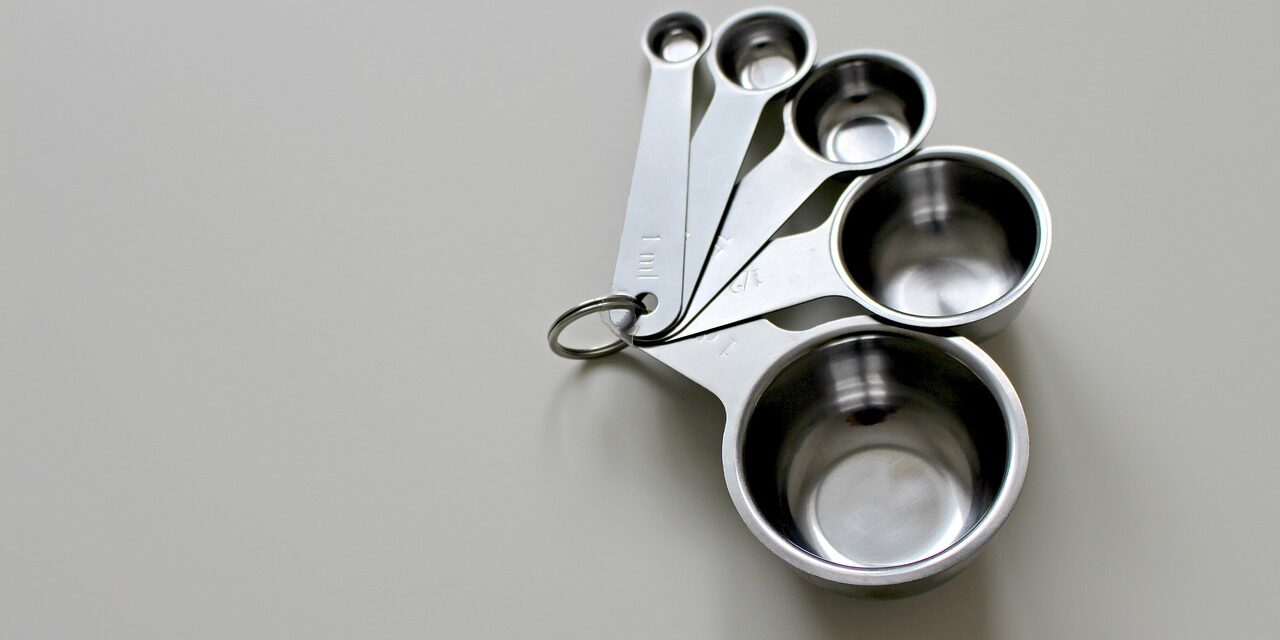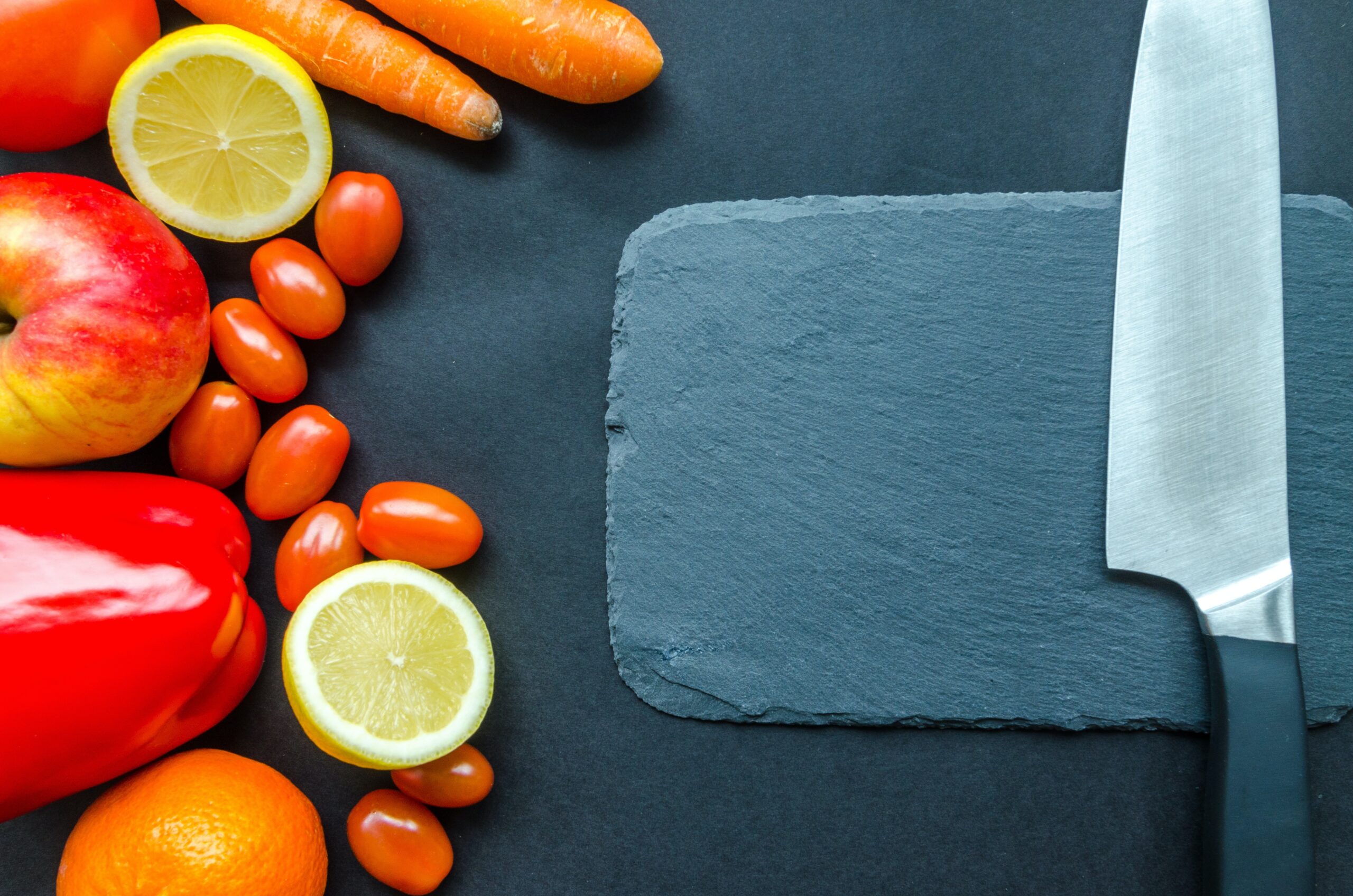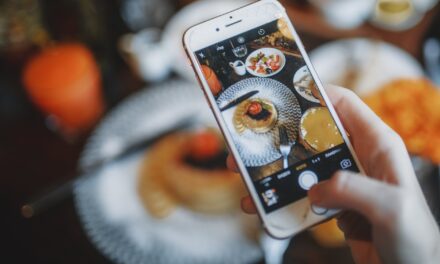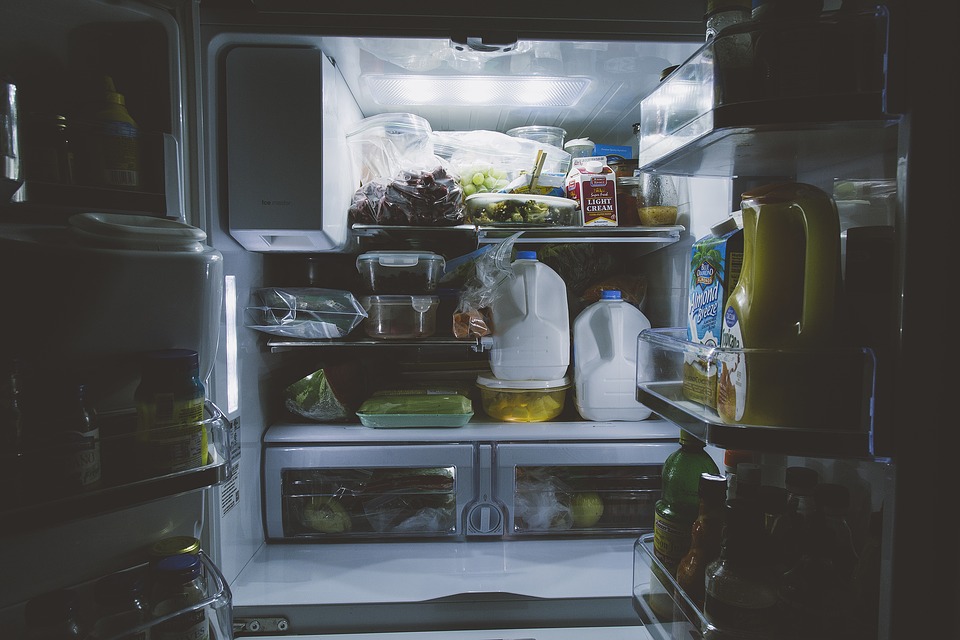If you’re hitting your calorie goal and not losing weight or inches… you’re probably not hitting your calorie goal (assuming it was calculated correctly and you’re measuring progress several weeks apart).
It’s easier to blame age, hormones, metabolism, or genetics (which certainly play a role) — but the reality is, we ALL underestimate how much we eat (often by a lot).
It’s rarely deeper than this.
Since nobody wants to hear this, allow me to point out all the ways you may be missing calories from your log:
- You’re not putting 100% of your meals on a food scale
- You began eyeballing foods you think you’re “experienced” with
- You’re not weighing liquid calories (ex. olive oil and coffee creamer)
- You’re not tracking liquid calories at all
- You’re weighing food after cooking it (raw entries are more accurate)
- Somebody else is making your meals
- You’re using measuring cups and spoons
- You’re using “premeasured” containers (like a protein scooper or a labeled Mason jar)
- You’re consciously leaving out the little stuff (like a bite of your partner’s dinner or your kid’s breakfast)
- You’re forgetting about the little stuff (perhaps when you’re taste testing)
- You’re logging your meals as you go (a surefire way to leave out calories)
- You’re logging your meals after you eat them (even less wise)
- You’re underestimating meals out (the average entrée has 1,200+ calories)
- You’re not tracking alcohol
- You’re only tracking some alcohol
- You’re avoiding logging splurges
- You’re underestimating how many calories are in your untracked splurges
- You’re underestimating how many calories are in the meals other people make for you
- You’re eating out often (3-4+ days per week)
- You’re ordering take-out often (3-4+ days per week)
- You’re taking full days or weekends off from tracking
- You’re misreading labels (a serving of a Pop-Tart is half the package)
- You’re not double checking what’s going in MyFitnessPal (it doesn’t always match the scan)
To be clear, many of these aren’t avoidable, or even worth trying to avoid. Calorie counting is inherently inaccurate, anyway: with a 20% margin of error allowed on every label.
But it’s important to see all the holes in your ship, and how much is within your control. In my experience, the biggest avoidable culprits (in no particular order) are:
- Eyeballing
- Leaving little stuff out of your log (ex. a “drizzle” of olive oil or a bite of somebody’s plate)
- Underestimated splurges and meals out (rounding up ~20% is wise)
- Untracked splurges (“I’ll just start fresh tomorrow”)
- Full days off from tracking
In isolation, these aren’t the end of the world, but people wildly underestimate how quickly they compound. A sensible calorie deficit isn’t very big, so it doesn’t take much to erase it.
Which is where people get really frustrated. They feel like they’re 90% dialed in, and they very well may be — but the numbers don’t lie, and if you’re not seeing progress, you’re not in a calorie deficit. Point blank, end of story.
This doesn’t mean you’re “plateauing,” broken, or in need of a lower calorie target. What it does mean is you need to have a closer look at your habits.
But it’s important for you to do this neutrally.
Calorie counting isn’t a game to be won, or even possible to do “perfectly.” You’re not “failing” because you’re missing calories from your log, and this sure as hell isn’t worth stressing.
But there’s a very good chance there are some highly pluggable holes in your ship — especially if you’re willing to consistently own all your decisions (emphasis on “consistently”).
In case it crossed your mind, no: this isn’t remotely sustainable. But “sustainable dieting” is a myth, and there are short-term sacrifices you’ll need to make in order to reach your goals.





